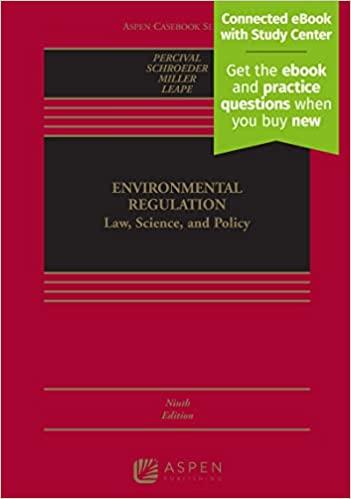Question
In February 2011, Paula Stenlund traveled to Panama City with her husband. While in Panama City, the Stenlunds were guests at the Panama City Marriott
In February 2011, Paula Stenlund traveled to Panama City with her husband. While in Panama City, the Stenlunds were guests at the Panama City Marriott Hotel. Before and during the trip to Panama City, the Stenlunds received Marriott Marketing material that promoted the Royal Casino as being connected to the hotel.
On February 13th, Paula Stenlund visited the Royal Casino. Stenlund followed an employee to locate a place where she could cash her winnings. Stenlund had to descend a set of stairs to reach the redemption area. However, she tripped over an electrical cable draped across the stairway and struck her face, head, and knees. The Royal Casino employee made effort to provide medical help. While the hotel manager sent a doctor to Paula's room, the doctor did not provide substantive care. The Stenlunds returned to the United States on February 15th and Paula commenced an action against Marriott International in May.
Paula alleged that Marriott International breached various duties it owed to her while staying at the Panama City Marriott Hotel and visiting the Royal Casino.
The Panama City Marriott Hotel is owned by Hotel Properties of Panama and the Marriott branding was attached under an agreement between Marriott International and Hotel Properties. In addition, all management at the hotel was done by Marriott International Services, Limited, a company based in Bermuda and separate from Marriott International, in an agreement solely between Marriott Limited and Hotel Properties.
In its opposition to Paula's motion for summary judgement, Marriott International claimed Paula had sued the wrong party. In response, Paula argued that because Marriott International "tightly control[led] virtually every aspect of the [H]otel and [C]asino where Plaintiff was injured," the level of control demonstrated that an agency relationship existed between Marriott International and Marriott Services. In essence, Paula argued that there was either actual agency or apparent agency between the two Marriott companies.
In this case, the court determined that it did not matter whether Panama law or Maryland law applied because the result would be the same.
What did the court decide and why? Describe the court's reasoning for both the actual agency count and the apparent agency count.
Source: Stenlund v. Marriott International, Inc., 172 F. Supp. 3d 874 (2016).
Step by Step Solution
There are 3 Steps involved in it
Step: 1

Get Instant Access to Expert-Tailored Solutions
See step-by-step solutions with expert insights and AI powered tools for academic success
Step: 2

Step: 3

Ace Your Homework with AI
Get the answers you need in no time with our AI-driven, step-by-step assistance
Get Started


